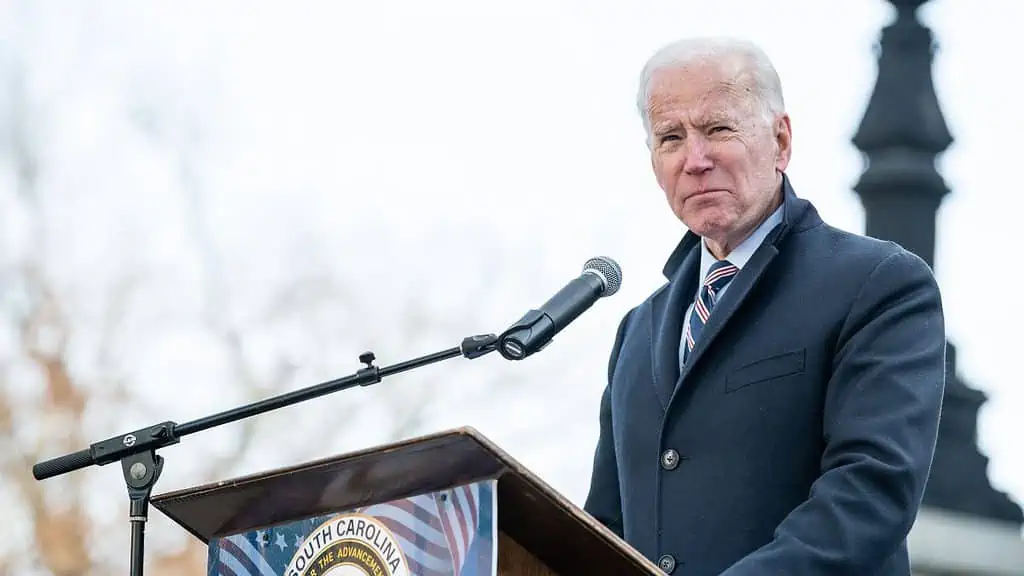When your budget is in the trillions of dollars, perhaps $300 billion is a rounding error. But to the American taxpayer footing the bill, losing $300 billion is a big deal.
A new study published by the Government Accountability Office (GAO) revealed a shocking gap between what the federal government projected the student loan program would generate in revenue and what actually happened.
The GAO said in their report that “although the Department of Education originally estimated federal Direct Loans made in the last 25 years would generate billions in income for the federal government, its current estimates show these loans will cost the government billions.”
Popular Reading: 11 Surprising Things People Absolutely Refuse To Spend Their Money On
Projected Gains Turn into Huge Losses
The report goes on to say that the Department of Education initially estimated that the federal student loan program would generate $114 billion in extra income for the government and, thereby, taxpayers. But in reality, the GAO projects that the program will end up costing the federal government $197 billion.
That is a $311 billion discrepancy and has cost taxpayers around $10 billion annually since 1997. In fact, the original estimates forecast a profit in all but four years between 1997 and 2021. But the reality is that every year has resulted in a loss, except for a small gain in 2012.
In simpler terms, the GAO report notes that based on the original estimates, the federal loan program planned to generate $6 in income for every $100 disbursed. As of the fiscal year 2021 projections, those loans are now expected to lose $9 for every $100 disbursed.
Imagine a bank that loaned money and lost 9% on every loan. They wouldn’t be in business very long. So what happened? How did the Department of Education get it so wrong?
To be fair, the government is not a bank, and the goal is not always to make a profit. But an accounting error of this magnitude perhaps should have received more scrutiny from Congress and the public.
What is the Direct Loan Program?
The federal Direct Loan program is a collection of federal subsidized and unsubsidized loans made to students and their parents to provide financial assistance for higher education. As of 2021, there were $1.4 trillion in outstanding Direct Loans and $1.8 trillion issued since 1997.
The Department of Education issues several different types of loans, including Subsidized Stafford loans available to undergraduate students that meet needs-based criteria, Unsubsidized Stafford Loans available to all undergraduate and graduate students, PLUS loans available to graduate students and parents of undergraduates, and Consolidation Loans that combine multiple federal loans together.
What Accounts for the $300 Billion Discrepancy?
The GAO evaluated the Department of Education’s cost estimates over the years and found two main areas contributing to the massive shortfall.
Sixty-one percent, or $189 billion, is due to faulty assumptions related to the economic standing of borrowers, underestimating the percentage of borrowers who would default on their loans, and underestimating the number of borrowers who would opt-in to income-driven repayment (IDR) plans. In other words, they misjudged people’s ability to repay their debt.
In particular, almost half (47%) of all borrowers make payments through an IDR plan, which caps the monthly loan payments based on income. For those with lower salaries, that cap results in part of the loan being forgiven after the 20-25 year repayment term.
The other 39 percent of the projected shortfall is due to programmatic changes, which include legislative or administrative changes that fundamentally alter the loan program. Perhaps the most significant programmatic change came from the COVID-19 emergency relief provided to borrowers under the CARES Act that resulted in suspending all interest accrual and payments due starting in 2020 and is currently set to expire in 2022. This modification alone has resulted in a cost increase of $102 billion.
Popular Reading: 27 Easy Ways to Make $20 Fast (Get $20 Right Now)
What Does the Future Hold?
Even with a recession looming, college tuition costs continue to rise at an average rate of 8% annually, far outpacing inflation and wage growth. If the trend continues, college students will enter the job market with a larger debt burden and less ability to pay it back, putting further pressure on the assumptions propping up the Direct Loan program.
While there may be relief on the horizon for borrowers if Joe Biden’s proposal for $10,000 of student loan forgiveness gains traction, that could come at an additional cost of $321 billion to taxpayers. Whether that is an accounting mistake or a price worth paying will be up to voters to decide.
More Articles from Wealthy Nickel:
- 20 Highest Paying Jobs With No Degree Required ($100k+)
- 47 Surprising Ways to Make an Extra $1,000 a Month
- On the Brink of Financial Collapse: 10 Cities Near Bankruptcy
Andrew Herrig is a finance expert and money nerd and the founder of Wealthy Nickel, where he writes about personal finance, side hustles, and entrepreneurship. As an avid real estate investor and owner of multiple businesses, he has a passion for helping others build wealth and shares his own family’s journey on his blog.
Andrew holds a Masters of Science in Economics from the University of Texas at Dallas and a Bachelors of Science in Electrical Engineering from Texas A&M University. He has worked as a financial analyst and accountant in many aspects of the financial world.
Andrew’s expert financial advice has been featured on CNBC, Entrepreneur, Fox News, GOBankingRates, MSN, and more.
